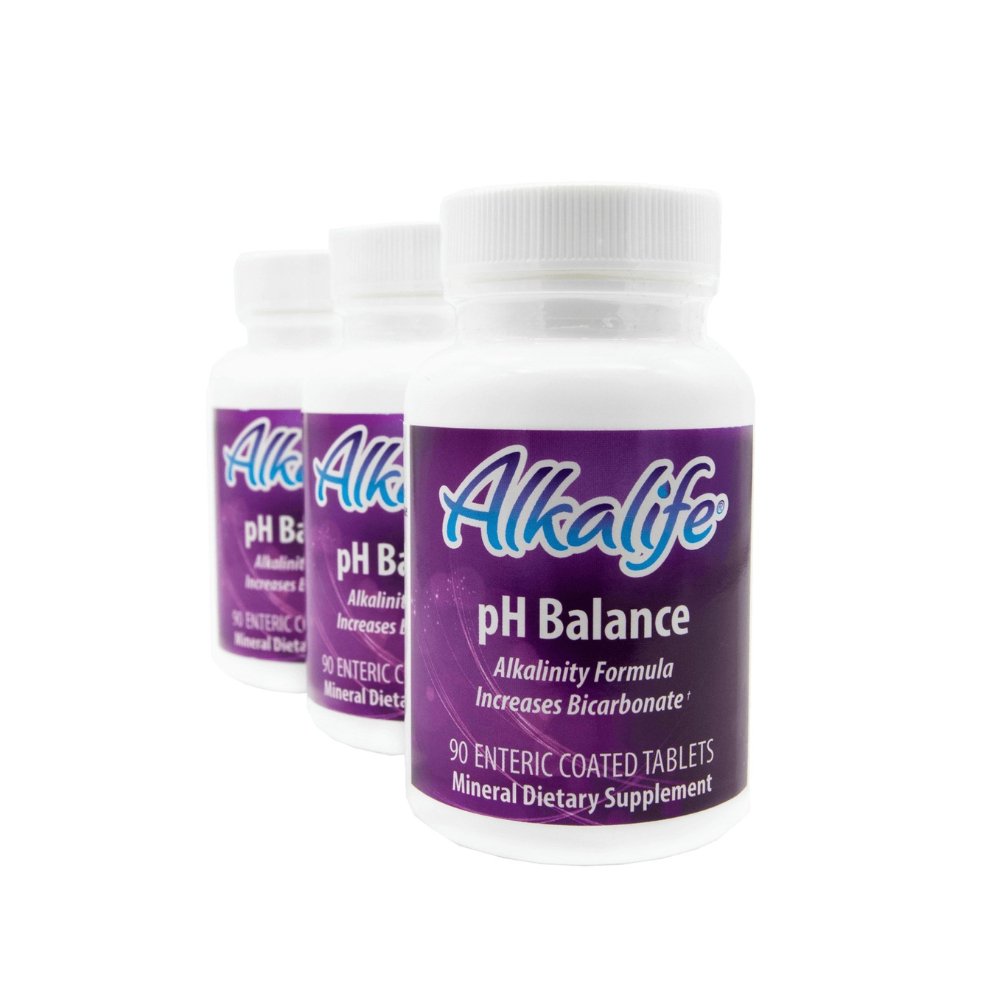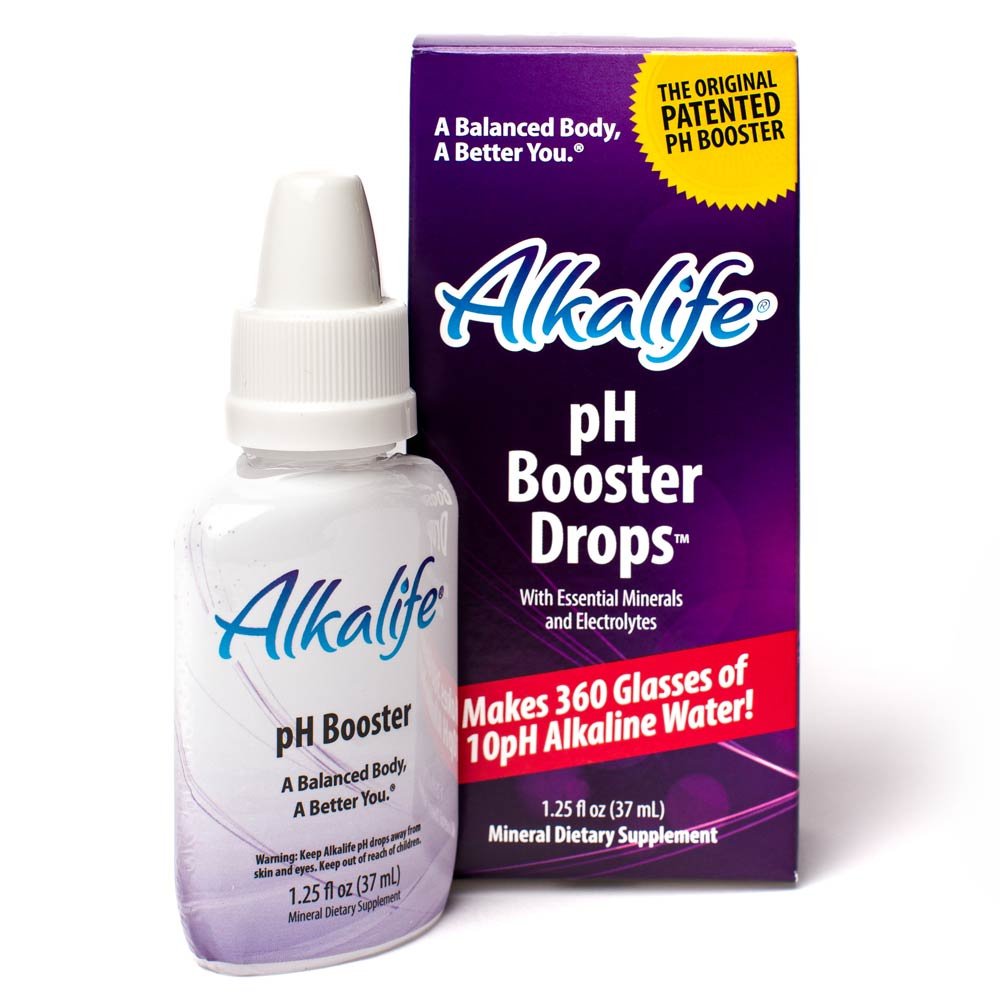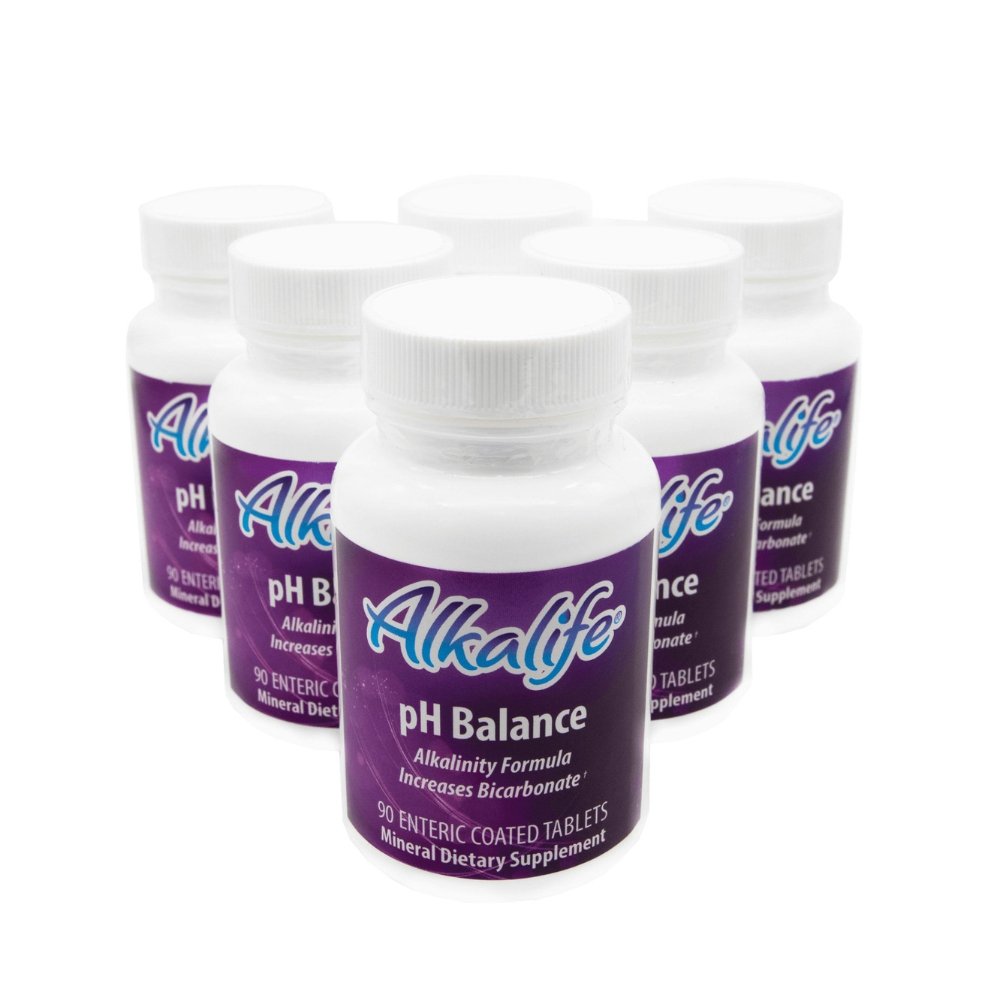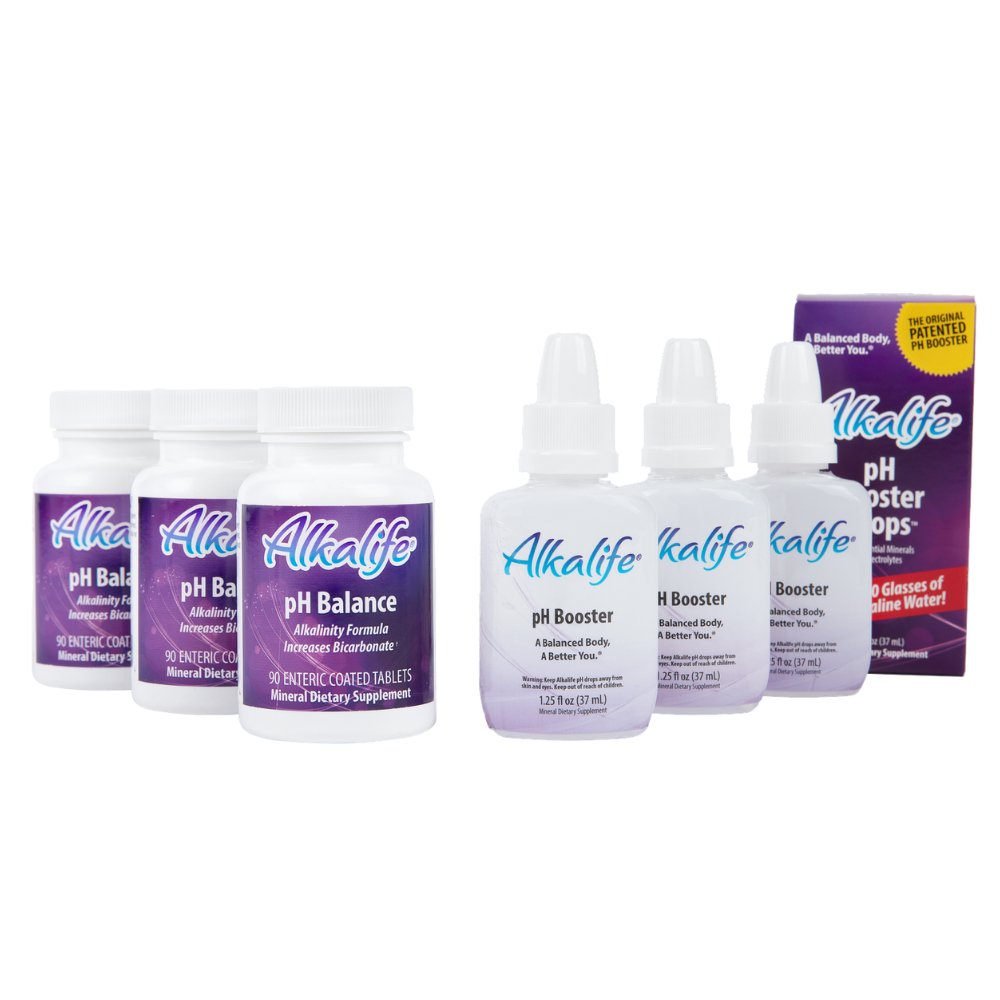Free US Shipping $49+ | 60 Day Money Back Guarantee
Free US Shipping $49+ | 60 Day Money Back Guarantee
Phosphatidylserine: Unlocking Cognitive Potential in Super-Premium Nootropic Supplements
June 15, 2023 3 min read

In the pursuit of optimal cognitive performance, individuals are increasingly turning to nootropic supplements. Among the key ingredients found in super-premium formulations, Phosphatidylserine (PS) has gained significant attention due to its potential cognitive benefits. This comprehensive article aims to explore the advantages of incorporating Phosphatidylserine into super-premium nootropic supplements, supported by scientific evidence.
Phosphatidylserine is a phospholipid and an essential component of cell membranes, particularly those in the brain. It is naturally present in the human body, primarily in brain tissue, where it plays a critical role in various cellular functions. Phosphatidylserine can also be derived from dietary sources, such as soybeans, and is commonly utilized in supplement form.

- Memory Enhancement: One of the key benefits associated with Phosphatidylserine supplementation is its potential to enhance memory. Research has consistently shown positive effects of PS on memory processes, particularly in relation to memory consolidation and retrieval. A study conducted on elderly individuals with age-related cognitive decline demonstrated significant improvements in memory performance following PS supplementation (Richter et al., 2000). The ability of Phosphatidylserine to enhance memory makes it a highly valuable component in super-premium nootropic formulations.
- Cognitive Function and Attention: Phosphatidylserine has also been linked to improved cognitive function and attentional processes. A meta-analysis of clinical trials revealed that PS supplementation had positive effects on cognitive performance, including attention, focus, and processing speed (Zhang et al., 2018). Moreover, a study conducted on healthy young adults demonstrated enhanced cognitive function and increased attentional capacity after PS supplementation (Jäger et al., 2007). These findings suggest that Phosphatidylserine can optimize cognitive performance, making it a valuable ingredient in nootropic formulations.
- Stress Reduction and Mood Support: Chronic stress can impair cognitive function and negatively impact overall well-being. Phosphatidylserine has been shown to mitigate the effects of stress by modulating the body's response to cortisol, a hormone released during stressful situations. Research indicates that PS supplementation can reduce cortisol levels and alleviate stress-related symptoms, such as anxiety and irritability (Hellhammer et al., 2004). By promoting a balanced stress response, Phosphatidylserine contributes to improved mood and overall cognitive well-being.
- Neuroprotection and Anti-Aging: The aging process is often accompanied by cognitive decline and an increased risk of neurodegenerative disorders. Phosphatidylserine has demonstrated neuroprotective properties that may help combat age-related cognitive decline. It promotes neuronal membrane integrity, supports neurotransmitter release, and enhances synaptic function (Kidd, 2007). Additionally, studies suggest that PS supplementation can improve cognitive performance in individuals with age-related cognitive impairment (Vakhapova et al., 2010). The neuroprotective effects of Phosphatidylserine make it a valuable component in super-premium nootropic supplements targeting cognitive longevity.
- Sports Performance and Recovery: Beyond cognitive benefits, Phosphatidylserine has shown potential in enhancing sports performance and supporting recovery. Research suggests that PS supplementation can improve exercise capacity, reduce exercise-induced stress, and enhance recovery processes (Kingsley et al., 2006). Athletes supplementing with PS have reported increased focus, reduced muscle soreness, and improved overall well-being. The inclusion of Phosphatidylserine in super-premium nootropic supplements may benefit individuals seeking cognitive and physical optimization.

Conclusion:
Phosphatidylserine (PS) offers a multitude of cognitive benefits and is a valuable ingredient in super-premium nootropic supplements. From memory enhancement and cognitive function to stress reduction and neuroprotection, Phosphatidylserine supports optimal brain health and performance. Additionally, its potential in sports performance and recovery further expands its application. When incorporated into well-designed formulations, Phosphatidylserine contributes to unlocking cognitive potential and enhancing overall well-being.
References:
Richter Y, et al. (2000). The effect of phosphatidylserine-containing omega-3 fatty acids on memory abilities in subjects with subjective memory complaints: a pilot study. Clinical Interventions in Aging, 5(1), 313-316.
Zhang S, et al. (2018). Effects of phosphatidylserine supplementation on cognitive function and cortical activity in aging adults: a systematic review and meta-analysis. Nutrients, 10(5), 673.
Jäger R, et al. (2007). The effect of phosphatidylserine on golf performance. Journal of the International Society of Sports Nutrition, 4, 23.
Hellhammer J, et al. (2004). Effects of soy lecithin phosphatidic acid and phosphatidylserine complex (PAS) on the endocrine and psychological responses to mental stress. Stress, 7(2), 119-126.
Kidd PM. (2007). Alzheimer's disease, amnestic mild cognitive impairment, and age-associated memory impairment: current understanding and progress toward integrative prevention. Alternative Medicine Review, 12(4), 343-357.
Vakhapova V, et al. (2010). Phosphatidylserine containing omega-3 fatty acids may improve memory abilities in nondemented elderly individuals with memory complaints: results from an open-label extension study. Dementia and Geriatric Cognitive Disorders, 29(5), 467-474.
Kingsley M, et al. (2006). Effects of phosphatidylserine on oxidative stress following intermittent running. Medicine and Science in Sports and Exercise, 38(9), 1605-1611.
Kingsley M. (2006). Effects of phosphatidylserine supplementation on exercising humans. Sports Medicine, 36(8), 657-669.
Also in News

Hydration and Mental Clarity: Does pH-Balanced Water Affect Focus
December 01, 2025 6 min read
Read More
From Sleep to Sweat: How Your Daily Hydration Impacts Overall Wellness
November 11, 2025 5 min read
Read More






